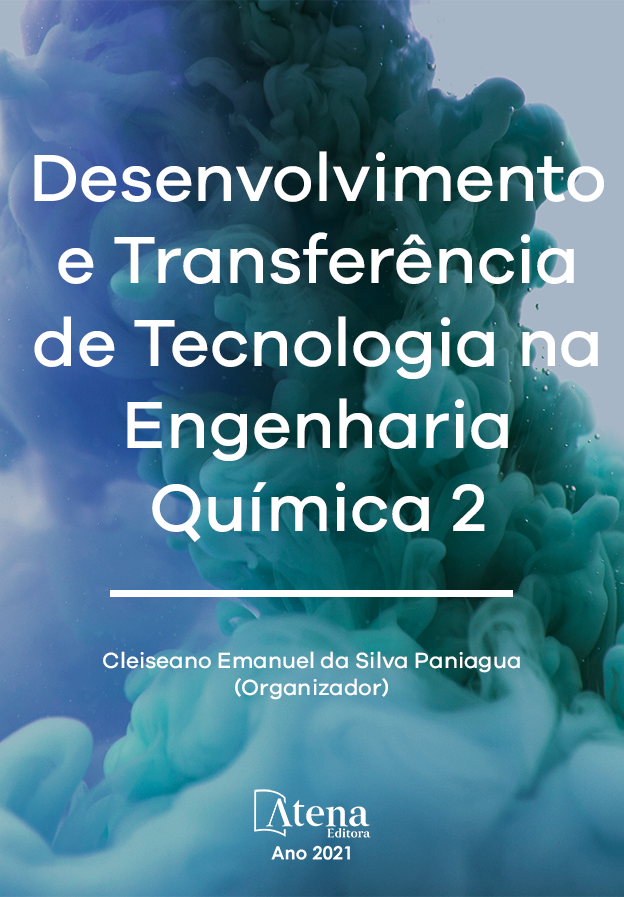
BIOMETHANE FROM LANDFILL GAS IN URBAN BUS FLEETS: STUDY CASE IN SIX CITIES IN ARC, STATE OF SÃO PAULO, BRAZIL
The current needs of sustainable urban development are rising. As the urban transport sector expands, emissions continue to rise. Due to their negative impact on human health and the environment, air quality requirements are becoming more and more stringent. At the same time, the amount of municipal solid waste is increasing. This work discusses the potential use of biomethane from MSW landfills to fuel urban transport buses in six cities from Administrative Region of Campinas (ARC). Biomethane is produced by removing impurities from biogas. The ARC has approximately 6 million inhabitants in 92 cities, its GDP is around U$ 20,000/per capita. In 2016, the RAC was generated 5740 tons per day of waste. Campinas, Jundiaí, Piracicaba, Limeira, Sumaré and Americana, they accounted for 40% of the total population and 45.8% of the total daily produced MSW. The availability of MSW landfills in order to produce biomethane and the use in urban bus fleets in six cities of the ARC would make it possible to generate the quantity of fuel necessary for the supply of 435 buses annually with a significant reduction in the emission of GHG.
BIOMETHANE FROM LANDFILL GAS IN URBAN BUS FLEETS: STUDY CASE IN SIX CITIES IN ARC, STATE OF SÃO PAULO, BRAZIL
-
DOI: 10.22533/at.ed.22621190414
-
Palavras-chave: Urban Transport, Landfill, MSW, Biomethane, GHG
-
Keywords: Urban Transport, Landfill, MSW, Biomethane, GHG
-
Abstract:
The current needs of sustainable urban development are rising. As the urban transport sector expands, emissions continue to rise. Due to their negative impact on human health and the environment, air quality requirements are becoming more and more stringent. At the same time, the amount of municipal solid waste is increasing. This work discusses the potential use of biomethane from MSW landfills to fuel urban transport buses in six cities from Administrative Region of Campinas (ARC). Biomethane is produced by removing impurities from biogas. The ARC has approximately 6 million inhabitants in 92 cities, its GDP is around U$ 20,000/per capita. In 2016, the RAC was generated 5740 tons per day of waste. Campinas, Jundiaí, Piracicaba, Limeira, Sumaré and Americana, they accounted for 40% of the total population and 45.8% of the total daily produced MSW. The availability of MSW landfills in order to produce biomethane and the use in urban bus fleets in six cities of the ARC would make it possible to generate the quantity of fuel necessary for the supply of 435 buses annually with a significant reduction in the emission of GHG.
-
Número de páginas: 13
- Paulo Cesar Manduca
- Ivo Leandro Dorileo
- Leonardo G. de Vasconcelos
- Mauro Donizeti Berni


